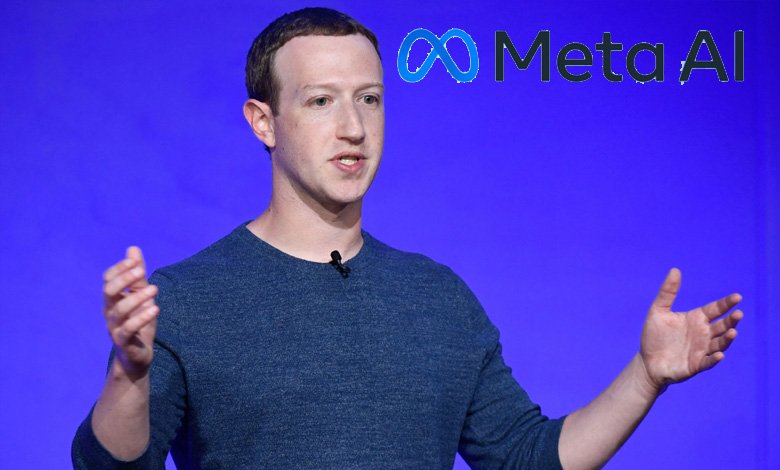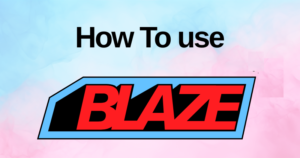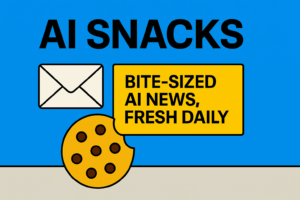
Meta AI
Facebook’s parent company, Meta (META.O), has unveiled new AI models from its research division, including a “Self-Taught Evaluator.” This tool could significantly reduce human involvement in the AI development process by evaluating other AI models’ work.
Meta first introduced this evaluator in an August research paper, highlighting its use of a “chain of thought” technique, similar to what OpenAI employs in its models. This approach breaks complex problems into smaller steps, improving response accuracy in areas like science, coding, and math.
One key feature of Meta’s model is that it was trained entirely with AI-generated data, eliminating the need for human input during that phase. This breakthrough could lead to autonomous AI agents that learn from their mistakes and complete tasks without human oversight, according to two Meta researchers interviewed by Reuters.
AI Evaluators Could Eliminate Human Feedback
A significant benefit of Meta’s “Self-Taught Evaluator” is its potential to reduce reliance on Reinforcement Learning from Human Feedback (RLHF). Currently, RLHF is an expensive and time-consuming process requiring human annotators with specialized expertise. These experts must verify the accuracy of data in areas like math and writing.
Meta researcher Jason Weston shared the company’s vision: “We hope that as AI becomes more super-human, it will improve at checking its work, surpassing average human accuracy.” Weston emphasized that the ability to self-teach and self-evaluate is critical to achieving super-human AI capabilities.
Competitors and Meta’s Open Approach
While companies like Google and Anthropic have explored similar concepts, particularly Reinforcement Learning from AI Feedback (RLAIF), Meta distinguishes itself by releasing its models for public use. In contrast, its competitors generally keep their models proprietary.
Along with the Self-Taught Evaluator, Meta also introduced updates to its Segment Anything image-identification model, tools to accelerate LLM (Large Language Model) response times, and datasets aimed at advancing the discovery of new inorganic materials.
Conclusion
Meta’s recent releases mark a significant step toward autonomous AI development. The Self-Taught Evaluator could pave the way for AI systems that not only learn independently but also improve without human intervention, creating a future where AI models are more efficient and cost-effective. Meta’s commitment to open access contrasts with its competitors, fostering innovation across the AI community.







